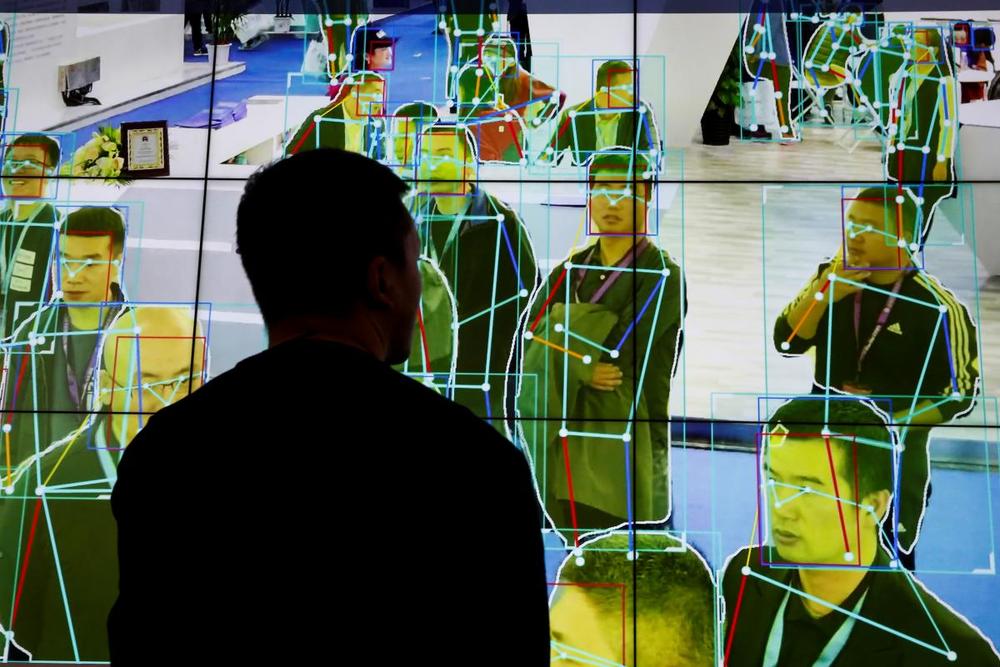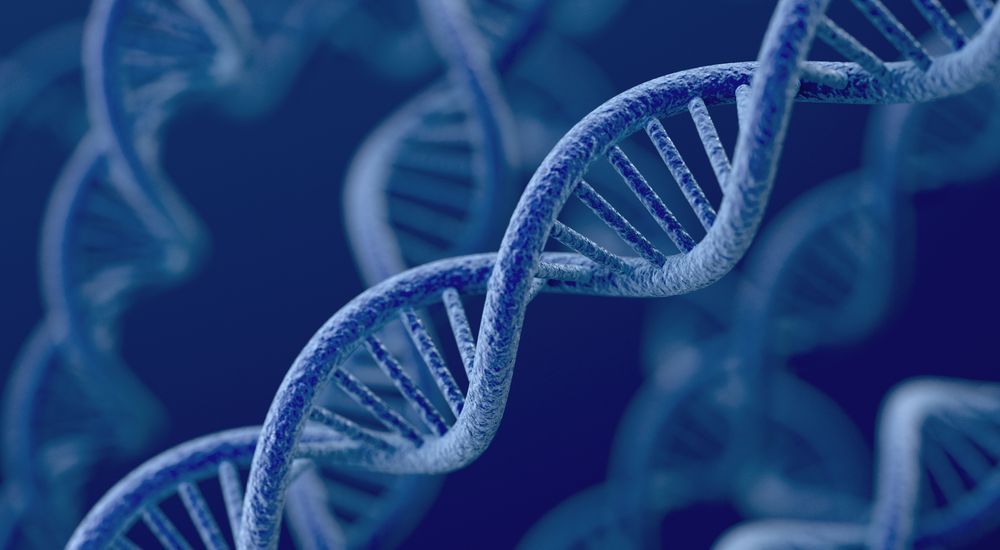Adapting the Intelligence Community
As machines become the primary collectors, analysts, consumers, and targets of intelligence, the entire U.S. intelligence community will need to evolve. This evolution must start with enormous investments in AI and autonomization technology as well as changes to concepts of operations that enable agencies to both process huge volumes of data and channel the resulting intelligence directly to autonomous machines. As practically everything becomes connected via networks that produce some form of electromagnetic signature or data, signals intelligence in particular will need to be a locus of AI evolution. So will geospatial intelligence. As satellites and other sensors proliferate, everything on earth will soon be visible at all times from above, a state that the federal research and development center Aerospace has called the “GEOINT Singularity.” To keep up with all this data, geospatial intelligence, like signals intelligence, will need to radically enhance its AI capabilities.
The U.S. intelligence community is currently split up into different functions that collect and analyze discrete types of intelligence, such as signals or geospatial intelligence. The RIA may force the intelligence community to reassess whether these divisions still make sense. Electromagnetic information is electromagnetic information, whether it comes from a satellite or an Internet of Things device. The distinction in origin matters little if no human ever looks at the raw data, and an AI system can recognize patterns in all of the data at once. The division between civilian and military intelligence will be similarly eroded, since civilian infrastructure, such as telecommunications systems, will be just as valuable to military objectives as military communications systems. Given these realities, separating intelligence functions may impede rather than aid intelligence operations.







